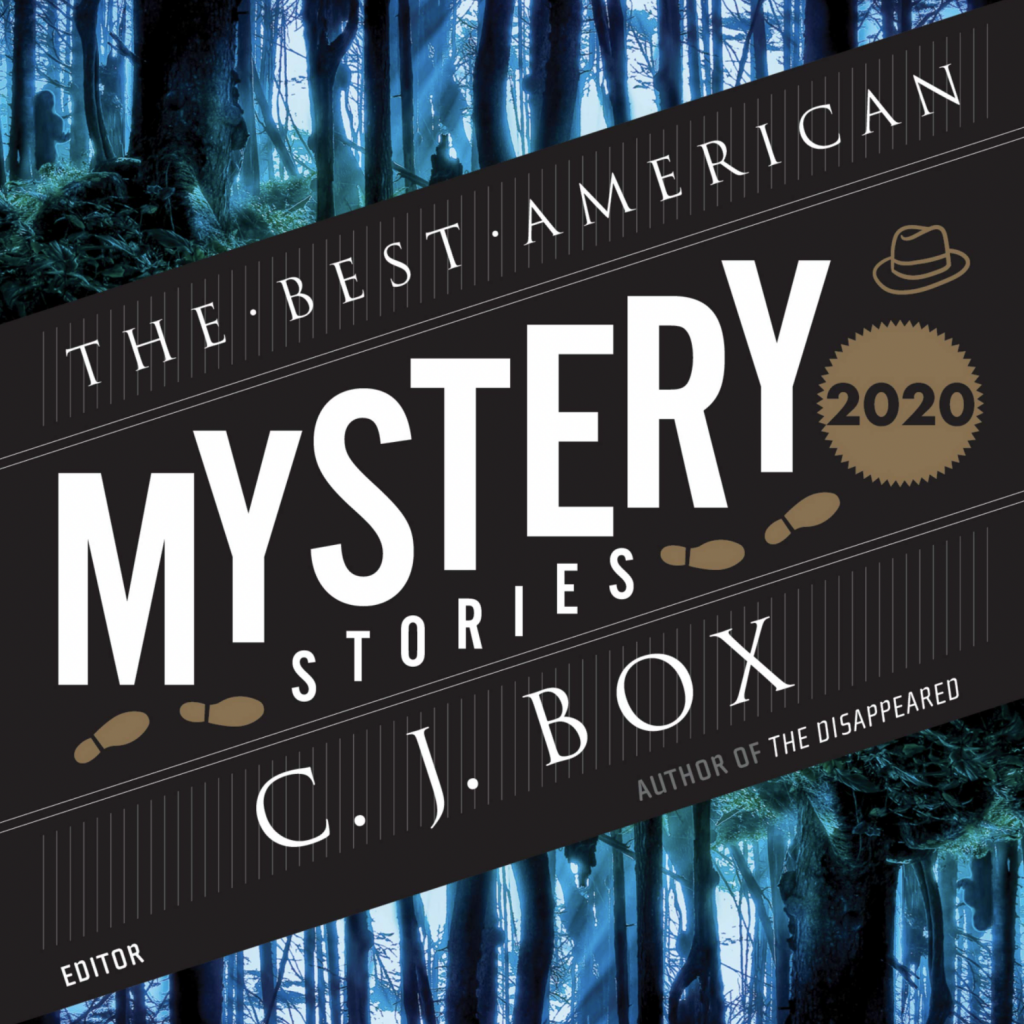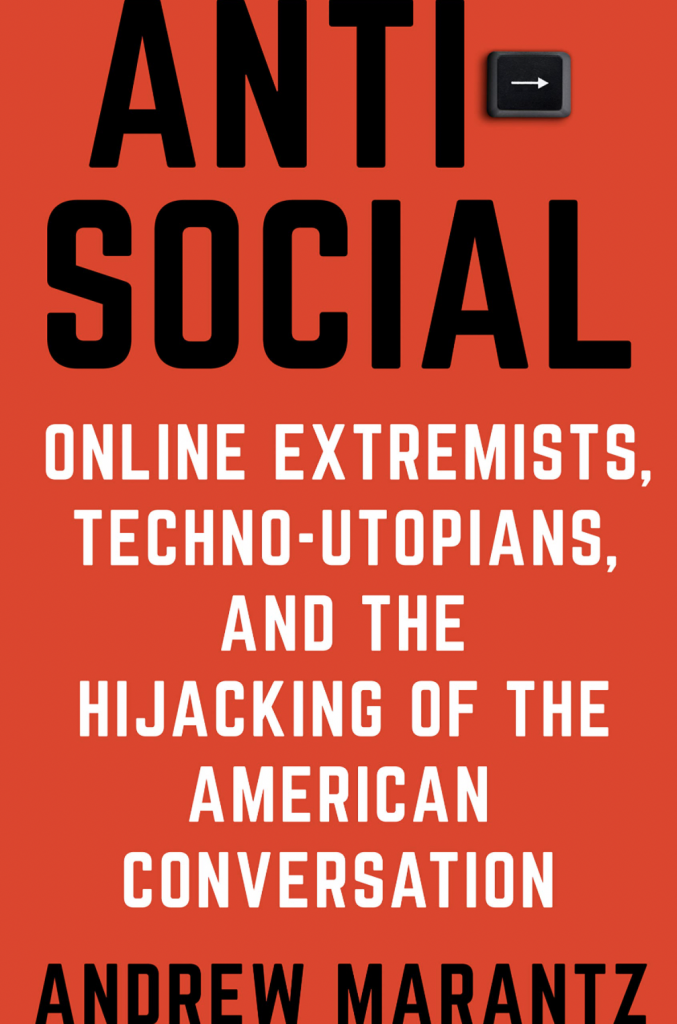
Common Reading: The Best American Mystery Stories 2020, edited by C. J. Box and Otto Penzler (November 2020)
1. (AMS) THE BEST AMERICAN MYSTERY STORIES 2020
Once again, mystery maven and “Best American” series editor Penzler brings a collection of the year’s best short-format mysteries to tantalize readers. This edition is guest-edited by Box (“Joe Pickett” series). Box’s selections are surprisingly sunny considering the monster 2020 has turned into. Many of them celebrate human ingenuity, and the stories cover a lot of ground, from “All This Distant Beauty,” Ryan David Jahn’s tale of human trafficking in Mexico; to a woman’s fight for freedom in Afghanistan in Jake Lithua’s “The Most Powerful Weapon”; to Lisa Morton’s old Hollywood mystery, “Whatever Happened to Lorna Winters?”; to an Appalachian gang of “Baddest Outlaws” run by little people in Rick McMahan’s story. Standouts include “The Surrogate Initiative,” Brian Cox’s thought-provoking exploration of future uses of artificial intelligence, and Jeffery Deaver’s “Security,” the story of the rise of a divisive politician. Also included is a lengthy list of “Other Distinguished Mystery Stories of 2019” and copious “Contributors’ Notes.” Presenters can enjoy snacking on bite-sized twisty mysteries and authors who almost write their own presentation.

Common Reading: Antisocial: Online Extremists, Techno-Utopians, and the Hijacking of American Conversation, by Andrew Marantz (October 2019)
2. (ASO) ANTISOCIAL: ONLINE EXTREMISTS, TECHNO-UTOPIANS, AND THE HIJACKING OF AMERICAN CONVERSATION
A very dark landscape has been painted expertly, in Andrew Marantz’ new book, Antisocial: Online Extremists, Techno-Utopians, and the Hijacking of the American Conversation.
Ever since a group of innovative tech entrepreneurs and geeks rolled out social apps, the world of socially acceptable sadism has grown concurrently and enormously. Andrew Marantz, the author, has jumped into the toxic stew to chronicle the scene. And what a Thunderdome it is, with players ranging from the digital equivalent of carnival barkers to — perhaps even scarier — true believers.
In the name of research, Andrew Marantz bravely went into the darkest corners of the internet and encountered the celebrities of this awful antisocial universe, from the Proud Boys’ Gavin McInnes to the American neo-Nazi and white supremacist Richard Spencer to the deeply cynical Mike Cernovich.
Only nine days after the 2016 election, Marantz notes that, “like an arsonist running away from a burning building, Facebook’s C.E.O. Mark Zuckerberg was already insisting that the claim that fake news had influenced the election was a ‘pretty crazy idea’.”
Marantz also travels to the DeploraBall during the Trump inauguration, where he meets Lucian Wintrich from The Gateway Pundit (“a font of viral misinformation, half-baked hypotheses and the sort of cloddish race-baiting that was beneath even Breitbart’s standards”).
As one reviewer said, “The troubled yet worthwhile journey this book takes us on matches the mood of Yeats’s poem ‘The Second Coming’ — and it’s a journey rife with depressing detail that also depresses Marantz.”
Still, after his long time hanging with the worst of digital humanity, Marantz appears to believe that the arc of history does bend. To get it to point back to justice, he notes, we will have to do the heavy lifting ourselves. Heave ho.
Possible research topics:Facebook’s Current Policies; The Gateway Pundit; Breitbart;
Proud Boys’ Gavin McInnes; American neo-Nazi and white supremacist Richard Spencer; Mike Cernovich; Best ways to decrease their popularity, if there are any.